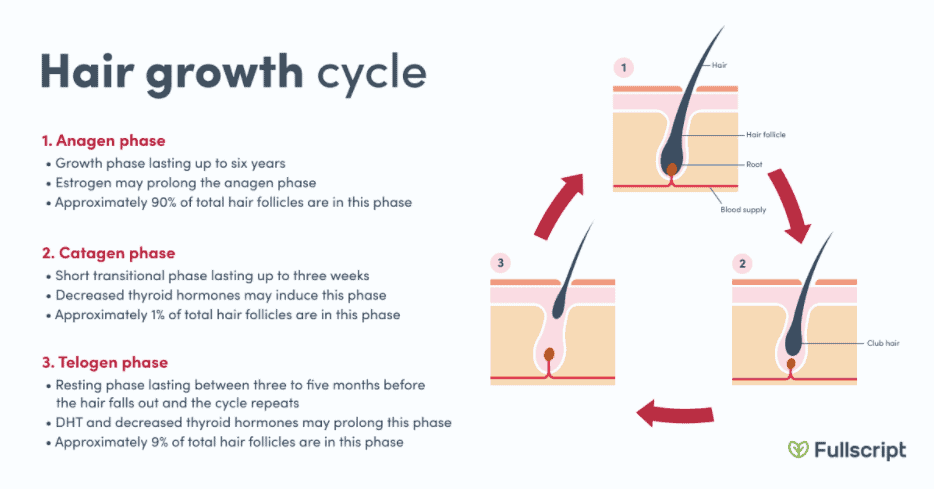Are you in need of dental work but worried about the cost? Many people put off going to the dentist because they can't afford it. But what if there was a way to make dental care more affordable? In this article, we will explore the question: do dentists do Afterpay?
When it comes to dental care, cost is often a major pain point for patients. Many people avoid going to the dentist because they simply can't afford it. This can lead to serious oral health issues down the line. But what if there was a solution that allowed patients to receive the care they need without breaking the bank?
The answer to the question "do dentists do Afterpay?" is yes! Afterpay is a payment platform that allows patients to pay for their dental treatment in installments, rather than all at once. This can make dental care much more accessible and affordable for those who may not have the funds upfront.
In summary, dentists do offer Afterpay as a payment option for their patients. This allows patients to receive the dental care they need without worrying about the cost. By breaking up the payment into installments, Afterpay makes dental care more accessible and affordable for everyone.
What is Afterpay and How Does it Work?
Afterpay is a payment platform that allows patients to pay for their dental treatment in four equal installments. The payments are spread out over a period of six weeks, with the first payment due at the time of service. This allows patients to receive the care they need without having to pay the full amount upfront.
Using Afterpay is simple. Patients can sign up for an Afterpay account online or through the Afterpay app. Once approved, they can use Afterpay as a payment option at participating dental offices. The payments are automatically deducted from the patient's chosen payment method on the scheduled due dates.
Afterpay is a great option for those who need dental care but may not have the funds available to pay for it all at once. It allows patients to spread out the cost over time, making it more manageable and affordable.
The History and Myth of Afterpay
Afterpay was founded in Australia in 2014 and quickly gained popularity as a payment solution for various industries, including healthcare. Over the years, Afterpay has expanded its services to include dental care, making it easier for patients to afford the treatment they need.
There is a common myth that Afterpay is only available for online purchases or retail stores. However, Afterpay is now widely accepted in dental offices across the country. This means that patients can take advantage of Afterpay's payment plan options for dental procedures, such as cleanings, fillings, and even orthodontic treatments.
The Hidden Secret of Afterpay
One of the hidden secrets of Afterpay is that it does not require a credit check. This means that patients with less-than-perfect credit can still qualify for Afterpay's payment plan options. This opens up access to dental care for a wider range of patients who may have been previously denied financing options.
Additionally, Afterpay does not charge interest or fees to patients who make their payments on time. This makes it a more affordable option compared to traditional financing options, which often come with high interest rates and fees.
Recommendation for Afterpay
If you're in need of dental care but worried about the cost, Afterpay can be a great option to consider. By breaking up the payments into installments, Afterpay makes dental care more accessible and affordable for everyone. It's easy to sign up for an Afterpay account online or through the app, and many dental offices now accept Afterpay as a payment option.
Do Dentists Do Afterpay and Financing Options?
Yes, dentists do offer Afterpay as a financing option for their patients. Afterpay allows patients to pay for their dental treatment in four equal installments, making it more affordable and manageable. Additionally, Afterpay does not require a credit check and does not charge interest or fees to patients who make their payments on time.
Tips for Using Afterpay
If you decide to use Afterpay for your dental treatment, here are a few tips to keep in mind:
- Make sure to budget for the payments. While Afterpay makes dental care more affordable, it's still important to plan ahead and ensure you can make the payments on time.
- Check if your dental office accepts Afterpay. Not all dental offices may offer Afterpay as a payment option, so it's important to confirm before scheduling your appointment.
- Take advantage of Afterpay's payment reminders. Afterpay sends reminders before each payment is due, so you can stay on top of your payments and avoid any late fees.
- Consider using Afterpay for larger dental procedures. Afterpay's installment plan can be especially beneficial for more expensive treatments, such as orthodontics or dental implants.
Conclusion of Afterpay
In conclusion, dentists do offer Afterpay as a payment option for their patients. Afterpay allows patients to pay for their dental treatment in four equal installments, making it more affordable and accessible. It's a great option for those who need dental care but may not have the funds available to pay upfront.
So, if you've been putting off going to the dentist because of the cost, consider using Afterpay. It can help you get the dental care you need without breaking the bank.
